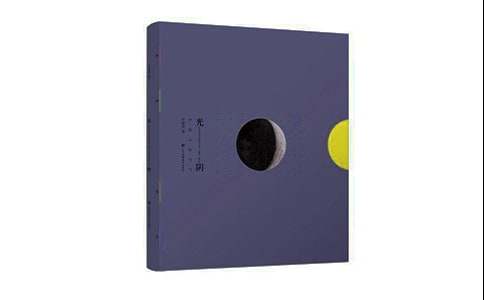- 相关推荐
二十几岁不可挥霍的光阴TED英语演讲
When I was in my 20s, I saw my very first psychotherapy client. I was a Ph.D. student in clinical psychology at Berkeley. She was a 26-year-old woman named Alex. Now Alex walked into her first session wearing jeans and a big slouchy top, and she dropped onto the couch in my office and kicked off her flats and told me she was there to talk about guy problems. Now when I heard this, I was so relieved. My classmate got an arsonist for her first client. (Laughter) And I got a twentysomething who wanted to talk about boys. This I thought I could handle.

But I didn't handle it. With the funny stories that Alex would bring to session, it was easy for me just to nod my head while we kicked the can down the road. "Thirty's the new 20," Alex would say, and as far as I could tell, she was right. Work happened later, marriage happened later, kids happened later, even death happened later. Twentysomethings like Alex and I had nothing but time.
But before long, my supervisor pushed me to push Alex about her love life. I pushed back.
I said, "Sure, she's dating down, she's sleeping with a knucklehead, but it's not like she's going to marry the guy."
And then my supervisor said, "Not yet, but she might marry the next one. Besides, the best time to work on Alex's marriage is before she has one."
That's what psychologists call an "Aha!" moment. That was the moment I realized, 30 is not the new 20. Yes, people settle down later than they used to, but that didn't make Alex's 20s a developmental downtime. That made Alex's 20s a developmental sweet spot, and we were sitting there blowing it. That was when I realized that this sort of benign neglect was a real problem, and it had real consequences, not just for Alex and her love life but for the careers and the families and the futures of twentysomethings everywhere.
There are 50 million twentysomethings in the United States right now. We're talking about 15 percent of the population, or 100 percent if you consider that no one's getting through adulthood without going through their 20s first.
Raise your hand if you're in your 20s. I really want to see some twentysomethings here. Oh, yay! Y'all's awesome. If you work with twentysomethings, you love a twentysomething, you're losing sleep over twentysomethings, I want to see — Okay. Awesome, twentysomethings really matter.
So I specialize in twentysomethings because I believe that every single one of those 50 million twentysomethings deserves to know what psychologists, sociologists, neurologists and fertility specialists already know: that claiming your 20s is one of the simplest, yet most transformative, things you can do for work, for love, for your happiness, maybe even for the world.
This is not my opinion. These are the facts. We know that 80 percent of life's most defining moments take place by age 35. That means that eight out of 10 of the decisions and experiences and "Aha!" moments that make your life what it is will have happened by your mid-30s. People who are over 40, don't panic. This crowd is going to be fine, I think. We know that the first 10 years of a career has an exponential impact on how much money you're going to earn. We know that more than half of Americans are married or are living with or dating their future partner by 30. We know that the brain caps off its second and last growth spurt in your 20s as it rewires itself for adulthood, which means that whatever it is you want to change about yourself, now is the time to change it. We know that personality changes more during your 20s than at any other time in life, and we know that female fertility peaks at age 28, and things get tricky after age 35. So your 20s are the time to educate yourself about your body and your options.
So when we think about child development, we all know that the first five years are a critical period for language and attachment in the brain. It's a time when your ordinary, day-to-day life has an inordinate impact on who you will become. But what we hear less about is that there's such a thing as adult development, and our 20s are that critical period of adult development.
But this isn't what twentysomethings are hearing. Newspapers talk about the changing timetable of adulthood. Researchers call the 20s an extended adolescence. Journalists coin silly nicknames for twentysomethings like "twixters" and "kidults." It's true. As a culture, we have trivialized what is actually the defining decade of adulthood.
【二十几岁不可挥霍的光阴TED英语演讲】相关文章:
二十几岁不可挥霍的光阴励志演讲稿03-09
TED英语演讲11-25
关于Ted演讲:马云英语演讲12-09
How Americas public schools keep kids in ted英语演讲03-09
TED英语演讲:你以为语言只是交流工具12-02
杨澜给20几岁女生的建议-杨澜给二十几岁女孩子的忠告11-22
二十几岁别再孩子气了的人生感悟01-12
励志青春:二十几岁,哪些事越早醒悟越好03-09
二十几岁还没谈过恋爱你着急了吗11-23